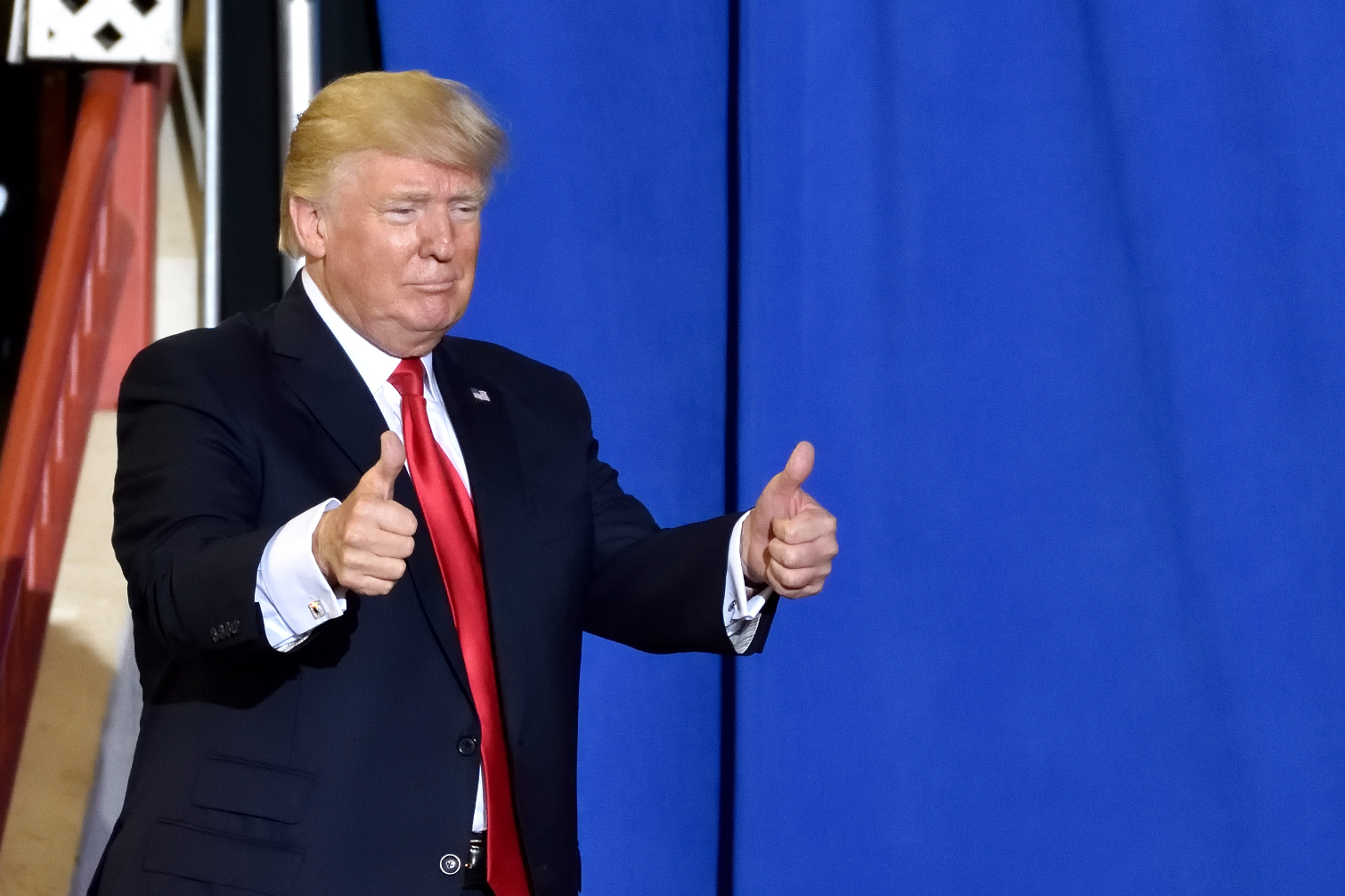The US Decides Huawei's Cool After All
Someone needs to check Huawei CEO Ren Zhengfei for whiplash. His company's standing with the U.S. has gone back and forth between relative indifference and public condemnation so many times that it puts ping-pong champions to shame. At least now U.S. capriciousness has turned in Huawei's favor, with President Donald Trump announcing that he would delay the Department of Commerce's blacklisting.
It's not clear how much has actually changed after Trump's announcement. He said American companies would be allowed to sell their products to Huawei indefinitely, which seems to be an improvement, but they were already granted a special license by the Bureau of Industry and Security to do just that. Trump also said that U.S. suppliers wouldn't be allowed to sell equipment affecting national security.
Trump said that "Huawei is a complicated situation," according to Bloomberg, and that he was "leaving Huawei toward the end" of his trade talks with Chinese President Xi Jinping. There's no guarantee they'll reach a trade agreement any time soon, especially if China continues to push back against restrictions that would require its companies to stop stealing intellectual property from their American counterparts.
Huawei is just part of that discussion. Trump also said the U.S. would delay $300 billion in additional tariffs on goods imported from China--which should be welcome news for many tech companies--while the countries attempt to reach an agreement. (Perhaps because someone finally told him that American companies are the ones stuck paying those tariffs, not the Chinese government, as he previously believed.)
It seems like American companies are getting what they want. Many have pushed the U.S. government to reconsider its tariffs on Chinese goods as well as its ban on selling products to Huawei. Companies like Intel, Qualcomm, and their peers reportedly lobbied against the ban. Others, including the likes of Apple as well as game console-makers, publicly decried the way the U.S. has behaved in recent months.
But there are two major problems. The first is that the U.S. Department of Commerce ostensibly banned Huawei for national security reasons. Either those reasons were fabricated so the U.S. could pressure China into coming back to the table for more trade talks, or they were real, and now those concerns are largely being waved away now that Trump and Jinping are planning to reach a new agreement.
The second problem is that none of this was concrete. The White House didn't release details about Trump's plans for delaying the Huawei ban or the expansion of tariffs on goods originating from China. It's the political equivalent to a parent banning tacos, waiting a month, and then declaring Taco Tuesday a family holiday even though they really meant they intend to maybe-probably-kinda discuss tacos with their partner at some undetermined point in the future with an unclear goal and no guarantee anyone's actually gonna be able to crunch down.
Get Tom's Hardware's best news and in-depth reviews, straight to your inbox.

Nathaniel Mott is a freelance news and features writer for Tom's Hardware US, covering breaking news, security, and the silliest aspects of the tech industry.
-
AlistairAB Please review our forum policy and rules. We do not allow for ad hominem attacks against our writers or other forum members. Consider this your final warning - @Johnny5Reply
Seriously the entire article was pretty one sided. American companies can charge more money for items affected by the tariffs and not lose the entire amount, then they can shift their production to different countries in order to avoid the tariffs (this isn't protectionism against all countries, just a serious dispute with one country, a nasty authoritarian one). Chinese companies do pay for tariffs: they pay heavily as they can't take action to avoid the tariffs the way American companies are able to do so, especially in the long run. You shouldn't be comparing the costs to American companies vs. the cost to the Chinese government, but to their companies. I could go on, but there wasn't much attempt in this article to present any information. -
jsmithepa Ya, these days u gotta throw a couple pinch of salt on what u read, ALL SIDES have agendas.Reply
To me is all boiled down to, we wanted access to the Chinese market, but somehow agreed to a limited access while we flunked ours wide open, sharing our technology (how dumb is that, shoot ourselves in the foot). Hoping to bring in China to the world economy makes them democratic (another big fail). -
daglesj So I guess China said it would allow a new Trump Hotel/golf course to be built on the cheap?Reply
POTUS is pretty easy to deal with if you dangle enough cash in front of him. China has plenty cash. Not hard.
